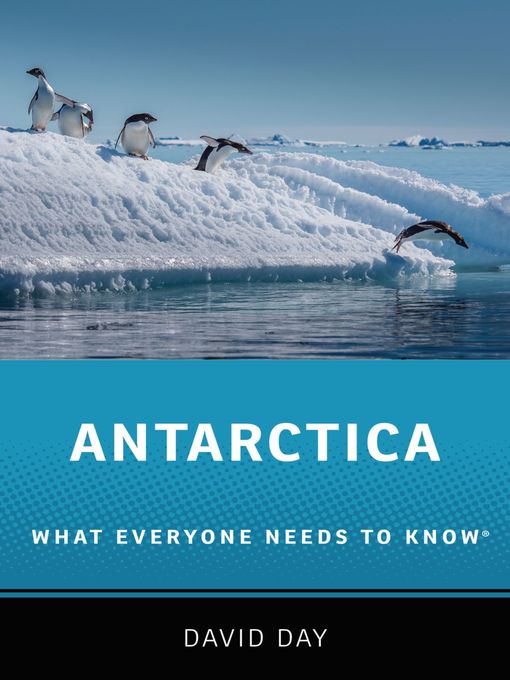- New eBook Additions
- Available Now
- Most Requested Titles
- Romance
- Recommended Reads
- Mystery
- Fantastic Fantasy!
- Thrilling Thrillers!
- Self-Help and Personal Development
- Harlequin Romance
- Defense & Foreign Affairs
- See all
- Available Now
- New Audiobook Additions
- Most Popular Audiobooks
- History Audiobooks
- Mystery
- Thrilling Audiobooks!
- Romance
- Science Fiction & Fantasy
- Self-Help and Personal Development
- RBDigital NonFiction Audiobooks
- Defense & Foreign Affairs
- See all


